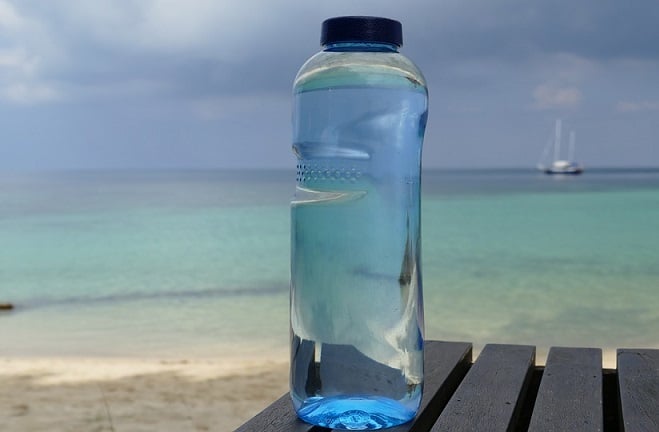So you think that because you live in a developed country such as the USA, UK or even somewhere in the EU your drinking water is pure?
Well, according to the local government there it is because it generally complies with the local drinking water standards and generally the World Health Organisation (WHO) standards as well, but that does not mean that it is chemical -free at all.
Did you know that in the UK for instance there is a long list of chemicals that are approved for use in the drinking water?
All of the following chemicals are approved for use according to the list of Approved Products for use in Public Water Supply in the United Kingdom:
- Acetic Acid – Source of carbon for biological denitrification
- Ammonia Solution – For in-situ bacteriostatic treatment by formation of chloramines
- Calcium Carbonate – pH and hardness adjustment
- Calcium Tetrahydrogen Bis (Orthophosphate) – Corrosion inhibition in water pipes consisting of cast iron, mild or galvanized steel or copper. To achieve an improved corrosion inhibition, also combination products with polyphosphates are used depending on the water quality
- Carbon Dioxide – Increase water hardness, pH adjustment and regeneration of ion exchange resins
- Cationic Polyacrylamides – Coagulant and flocculent for colloidal or fine suspended particles
- Chlorine – Disinfectant, removal of ammonia compounds, oxidising sulphides and regeneration of ion exchange resins
- Copper Sulphate – Cleaning of containers used for drinking water treatment and destruction of algae in water works installations
- Dipotassium Hydrogen Orthophosphate – Corrosion inhibition in water pipes consisting of cast iron, mild or galvanized steel or copper. To achieve an improved corrosion inhibition, also combination products with polyphosphates are used depending on the water quality.
- Ethanol – Source of carbon for biological denitrification
- Hexafluorosilicic Acid – Increase resistance of consumers to dental decay
- Hydrochloric Acid – Lower pH, ingredient for the generation of chlorine dioxide and regeneration of ion exchange resins
- Liquefied Ammonia – For in-situ bacteriostatic treatment by formation of chloramines
- Methanol – Source of carbon for biological denitrification
- Phosphoric Acid – Biological nitrification/denitrification and corrosion control e.g. plumbosolvency
- Potassium Permanganate – Taste and odour control, elimination of algae and microorganisms, removal of iron and manganese and regeneration of filter media
- Trichloroisocyanuric Acid – Disinfectant by generation of hypochlorous acid
Thanks, but no thanks! This is why I invested in a bottled water cooler for my home and an office water cooler for my business; that way I know that the water that I and those near and dear to me are drinking is really pure.






